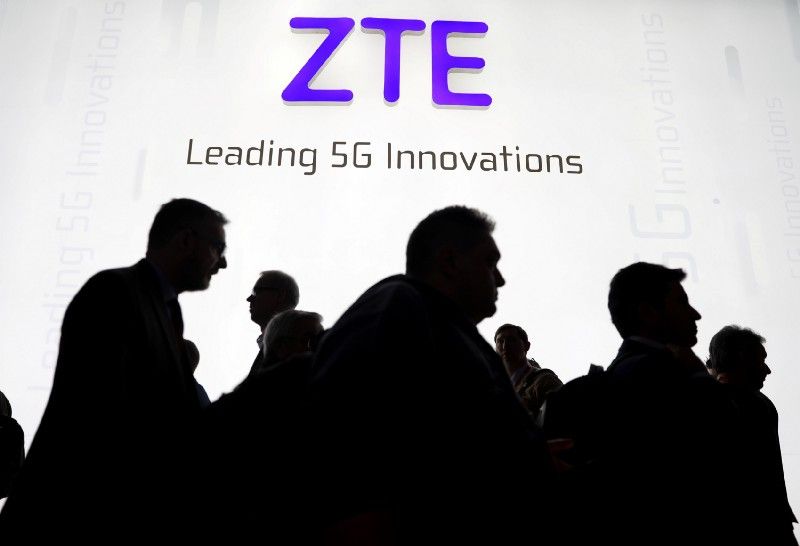High-stakes negotiations between the US and China over technology and trade continue this week, with top Chinese envoy Liu He arriving in Washington. One of the main items on the agenda will be the fate of Chinese tech giant ZTE. Some backstory, for those who haven’t been following every twist and turn:
- Last month, amid delicate negotiations over the future of US-China trade and industrial policy, officials at the Commerce Department barred US companies from selling parts to ZTE for seven years.
- The move, a result of the cell phone and networking equipment maker’s failure to abide by a settlement agreement struck after it was found to have violated sanctions against Iran and North Korea, apparently took Trump and other players in the White House by surprise, and left one of China’s biggest tech companies on the brink of collapse.
- Over the weekend, President Trump reversed course, saying he was working with Beijing to save the company, along with tens of thousands of Chinese jobs. Mr. Liu got on a plane to Washington. Now there’s talk of a deal to lift the ban on ZTE in return for China easing tariffs on US agricultural imports (whether it can be consummated is still an open question).
There’s a lot of noise here: Some Republicans and Democrats have wondered out loud why an America-first President wants to help a Chinese company that US intelligence services consider to be a security threat. Although Trump’s decision removes a major irritant to the US-China relationship at a sensitive time, deeper security concerns about Chinese telecom companies and China’s broader technology rise will persist.
Some other things I took away from the episode:
A chaotic White House was forced to improvise: Usually, executive branch agencies with a stake in a big decisions get to air their views before the president decides on a course of action. Even if President Trump has managed to bend the resulting chaos to his advantage, he may not be so fortunate next time.
China demonstrated that tech is a red line in trade talks: Chinese President Xi Jinping knows that advanced technologies are the key to China’s future. If the US wants to talk about industrial policy, fine, but China can’t be seen to be capitulating the face of US pressure.
This tiff is only one twist in what is going to be a drawn-out negotiation between the US and China.
